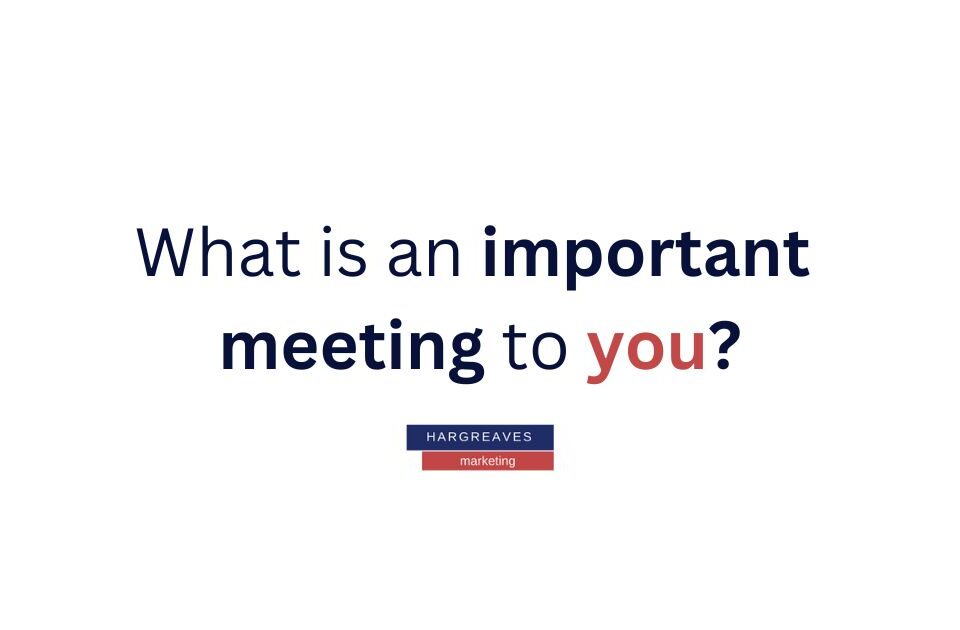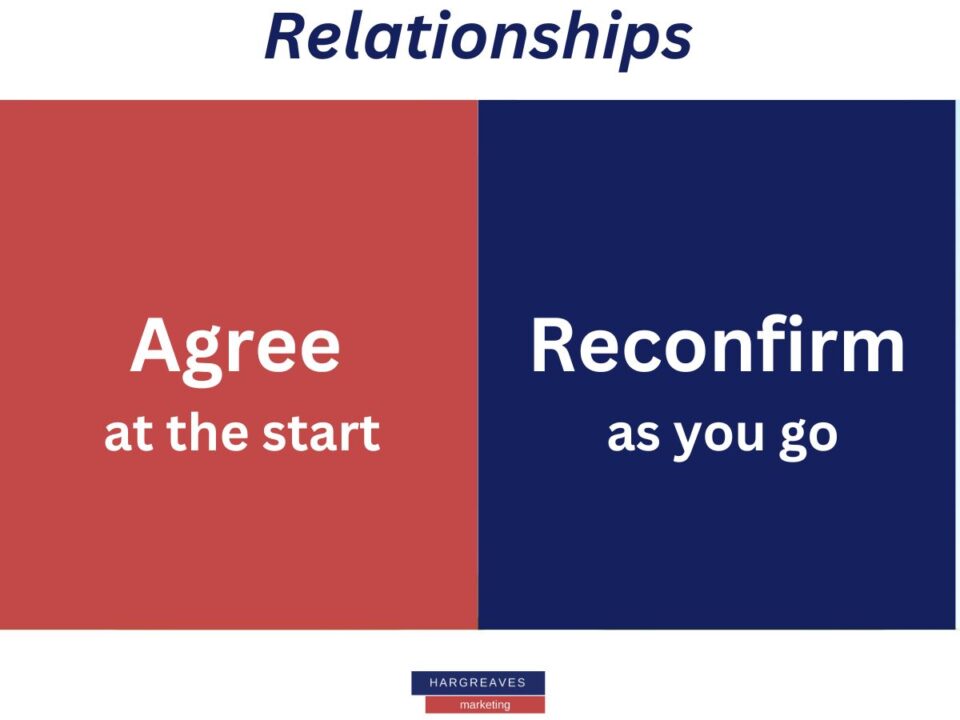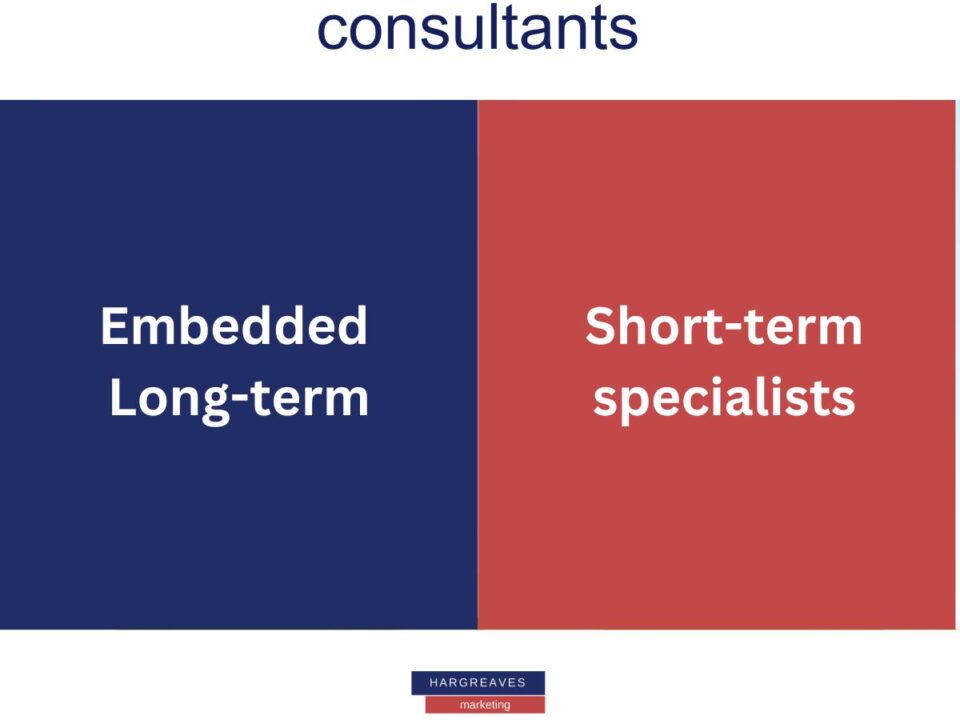Have you been seeking growth at any price?
9th February 2023The Power of 3: Knowledge, Guidance and Discipline
21st February 2023Modern business consultants don’t just help solve client problems; they also help build in-house capabilities.
The difference between a consultancy and an agency can sometimes appear vague and this was highlighted last week in an internet social media discussion.
The general context was that an article had been written questioning the value of larger consulting firms in certain situations. This led to a sort of free-for-all where plenty of people had their say on what they felt was the value (or lack of) that consultancies of all types delivered.
At this point it became evident that there was both a broad range of views and an even broader range of people commenting from people with direct experience to working with consultants to others who just had an opinion based on any number of factors.
One of the comments referred to consultancies as agencies and questioned the need for them in an internet world where people can do their own research and make their own decisions and purchase.
The word ‘purchase’ is key because it implies a transaction. You use an estate agency to buy a house, or an advertising agency to buy advertising, or a website design agency to produce a website for you, or a travel agent to buy a holiday. Their may be some level of ‘consultancy’ provided. This may be from very little for an ‘off-the shelf’ package, to very high if something is being developed for your specific requirements. However, whatever the level of service, there is generally a purchase of something at the end of it.
A consultancy in my view exists to help clients deal with specific challenges. Often this will be to solve, or at least attempt to solve problems, or identify and maximise opportunities. Unlike an agency there is no transaction as such. That is the client has not come to the consultancy to ask them to build a website or arrange a holiday. However, what is possible, depending on the consultancy, is that in addition to providing advice, some services may be offered to help solve the problem.
Now of course if the consultancy simply offered the same services as an agency then there would be no difference. For example, if a consultant recommends that the client needs a new company website and then offers to produce the website, this may lead to the validity of the recommendation being questioned, as in, “are you only recommending this so you can do the work?”
Consultancy services should in my view both be directly related to the project and designed to help the client to build the capabilities to do more for themselves in the future. This approach reframes the discussion completely as it separates the advice from the work to be done. It invites the client to learn from the consultant and then build the in-house capabilities to do it themselves in the future.
This is important because one of the main criticisms delivered against consultants is that there is no ‘end point.’ That the client and consultant get over-reliant on each other.
Working this way consultancies can be measured not only on how they contributed to solving the problem, but also on how they have helped develop both functional and people capabilities.
In both sales and marketing there are often numerous ways of making improvements at both functional and people levels. The value of the consultant is in working closely with the client to identify what these areas are, and providing a workable plan. Of course strategy execution is always going to be the most challenging part of the process and it is in this phase that the suitability and creativity of the specialist services that are produced is going to be key. The ability of a consultant to design bespoke solutions for the client’s own specific needs is a capability that will mark them out from those firms that only are able to offer, “off-the-shelf” solutions.
Adrian Hargreaves is an experienced sales and marketing consultant and owner of Hargreaves Marketing Ltd, which is a strategic sales and marketing consultancy based in Blackburn, Lancashire.



